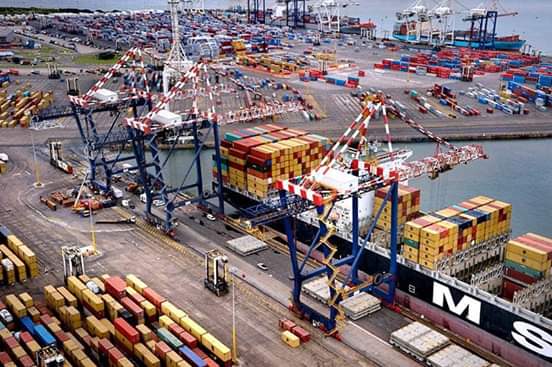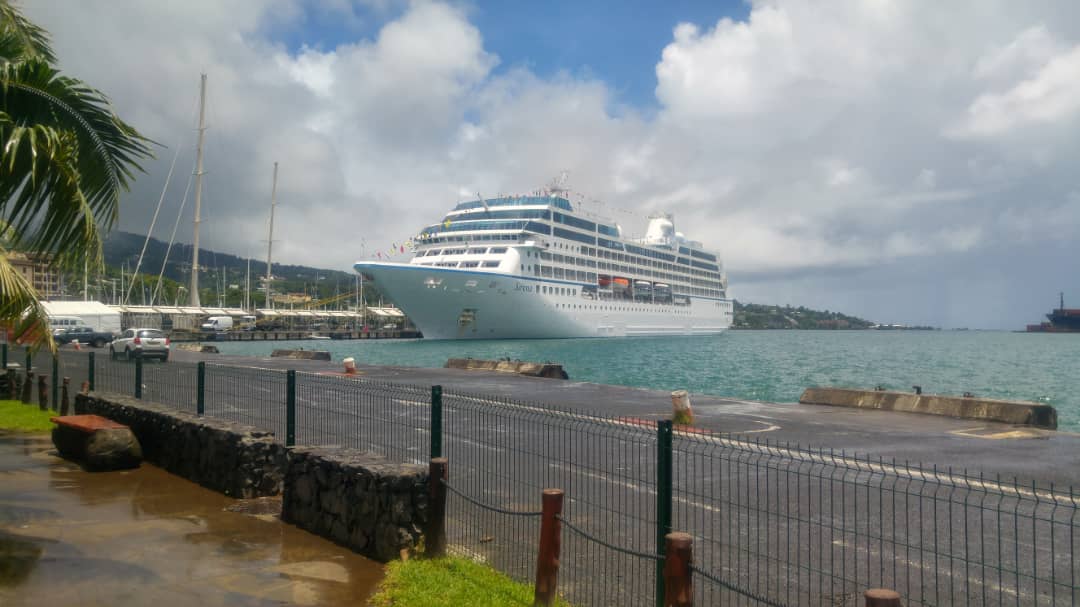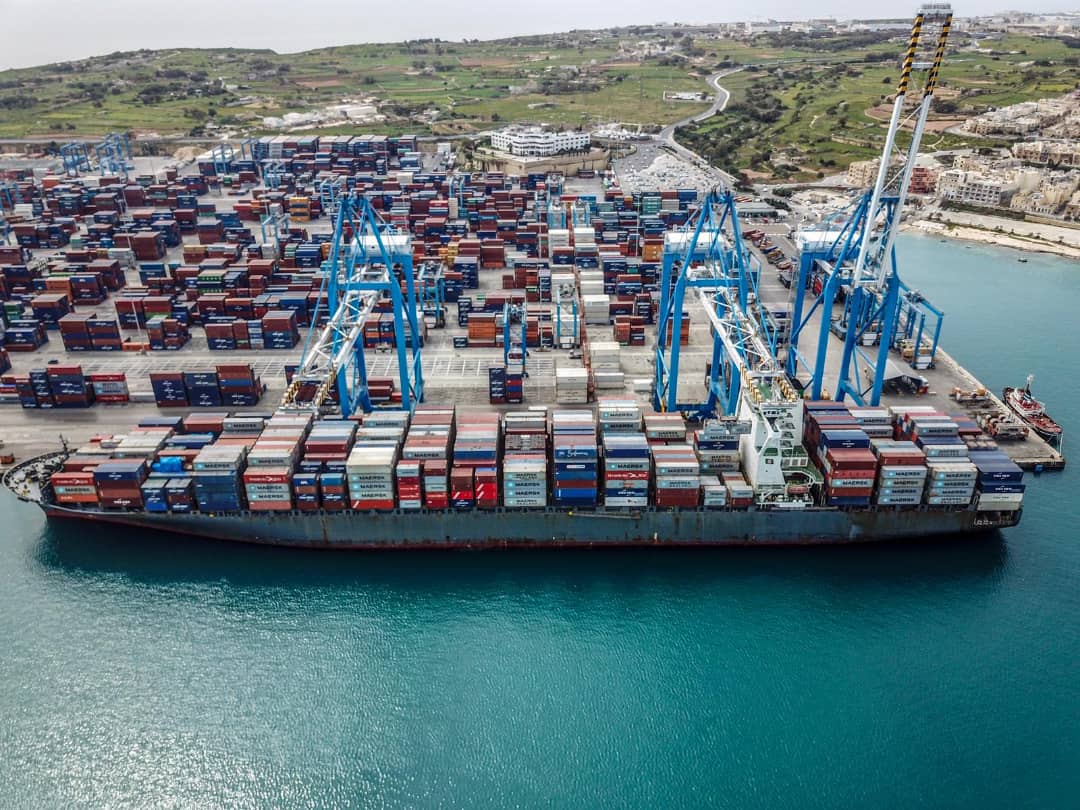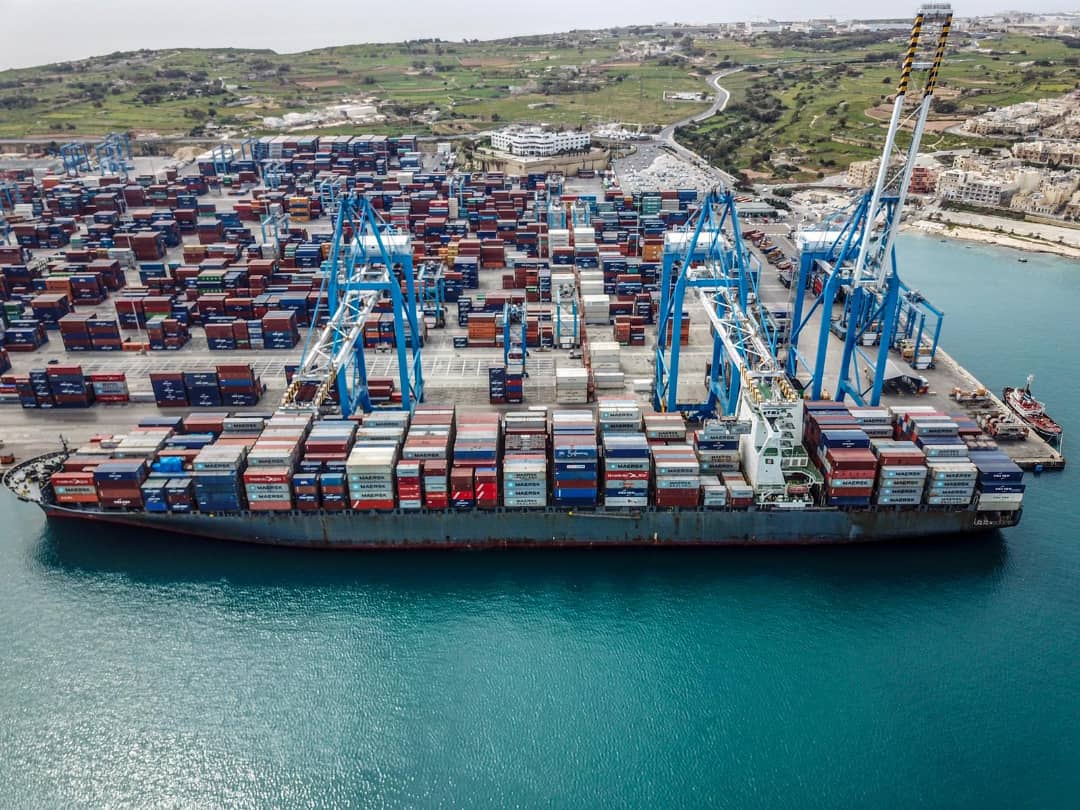A port is an area on both land and water, whether on the sea or river, that provides facilities for vessels and boats, and also allows constant or periodic transaction of shipment. Port can be a natural establishment or an artificial construction, which provides a place for the loading and unloading of cargo. The depth of a port plays a vital role in allowing various types of ships to enter and dock at the port. These days most of the ports (especially seaports) are well-equipped with specialized fixtures such as forklifts and gantry cranes to facilitate regular dealings of cargo. Ports can be of great significance to a nation, as it promotes the commercial welfare and the trade scenario. Ports can also be of military importance, as they are used to keep the warships before moving out to the battle scene.
Ports are classified into types based on factors such as depth, location, and ship sizes. Some of the main types of ports are as follows:
Sea Ports
Sea ports are the most common types of ports around the world which are used for commercial shipping activities. These ports are built on a sea location and enable the accommodation of both small and large vessels. Numerous seaports are situated along the coastline and actively handle the ongoing cargo transactions. A seaport can be further categorized as cargo port or cruise port. Examples of a seaport in Ghana are the Tema and Takoradi ports.

Inland Ports
Inland ports are built on smaller water bodies such as rivers or lakes. They can either be for cargo purpose or for passengers or for both. Some of these inland ports can have access to the sea with the help of a canal system. As such ports are built on inland waterways they usually behave like normal seaports but are not able to allow deep draft ship traffic. Some of the inland ports can also be specifically made for recreational purpose allowing only small sized vessels or can be used just for ferrying people and fishing activities. Inland ports are known for their quality to function in a smooth manner, unlike sea ports. These ports can also sometimes be referred to as dry ports, and are similar to active intermodal hubs. Yeji ferry services, Akosombo Ferry in the eastern region and the Boankra inland port which is yet to be operational are examples of inland ports in Ghana.
Fishing Ports
Fishing ports, as we call it fishing harbor in Ghana, existence depends on the availability of fishes in that region of the ocean. A fishing port can be either inland port or a seaport.
Dry Ports
Dry ports are inland terminals that can be interconnected with a seaport via road or rail transportation facilities, and they usually act as centers of multimodal logistics. A dry port proves useful in the trade of importing and exporting cargo and can help to lessen the inevitable congestion at a nearby seaport. Its functions are quite similar to that of a seaport, with the only difference that is not situated near the coastline. A dry port has all the necessary machinery to handle the constant clearance of shipment, like proper cargo-instrumentations, rail sidings, storehouses, and even container yards.
Cruise Home Ports
This type of port specializes in dealing with the activities of a cruise ships, and provides the platform for the passengers to board and disembark the cruises at the beginning and the end of the journeys, respectively. A cruise home port is also capable of providing the essential provisions required for a luxurious cruise voyage. The supplying may vary from fuel resources to fresh drinking water, wines, foods etc.

Cargo Ports
As the name suggests, these ports act according to the cargo it manages and the amenities available differ from one port to the other. These ports are also known as “bulk ports” or “break bulk ports”. The cargo ports involve many mechanical techniques to load or unload the shipment. A cargo port may be designed to deal with single, as well as multiple types of products. Items such as liquid fuels, chemicals, food grains, timber, machines and motorcars, are transported to various places, employing the adeptness of a cargo port. D
A cargo port which engages in the transfer of containerized goods is referred to as a container port. Numerous operating terminals branch out from individual bulk ports, and are assigned to maintain the various kinds of ship ladings.



